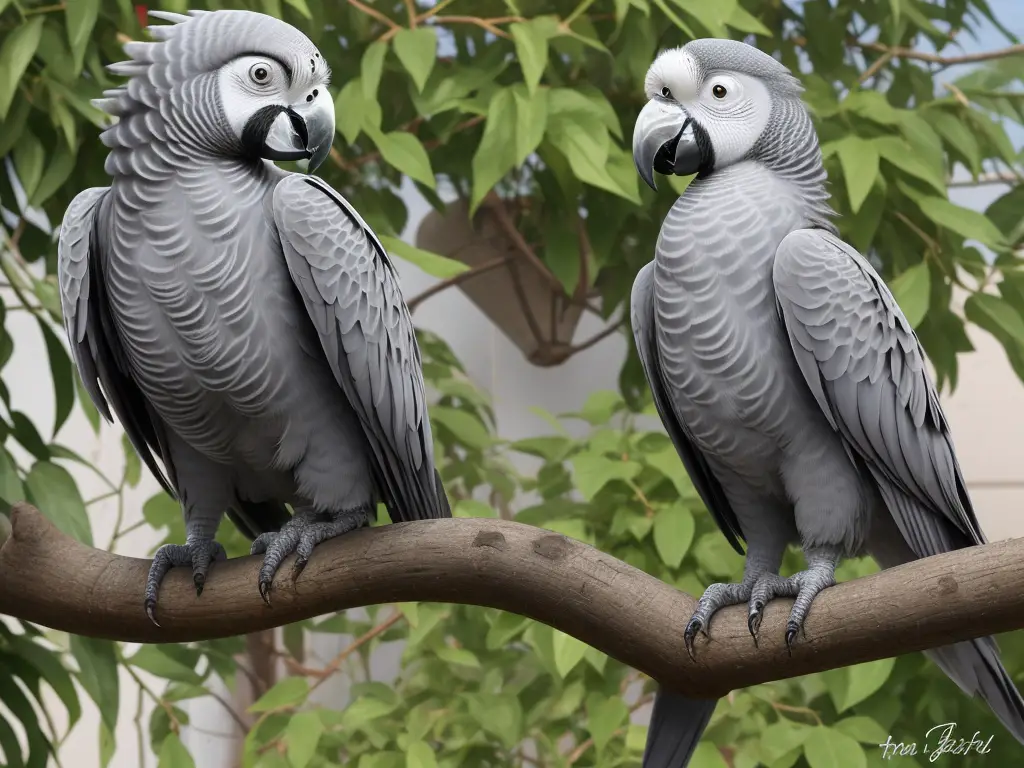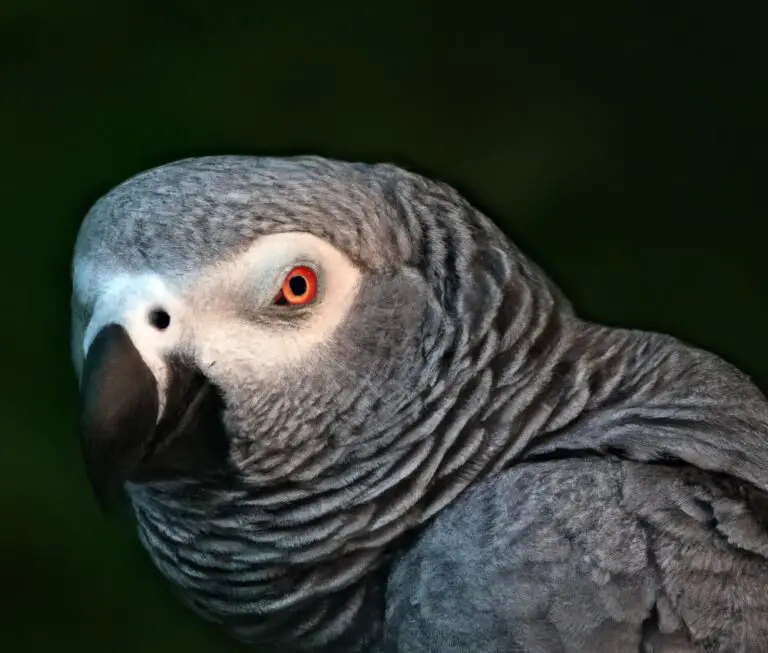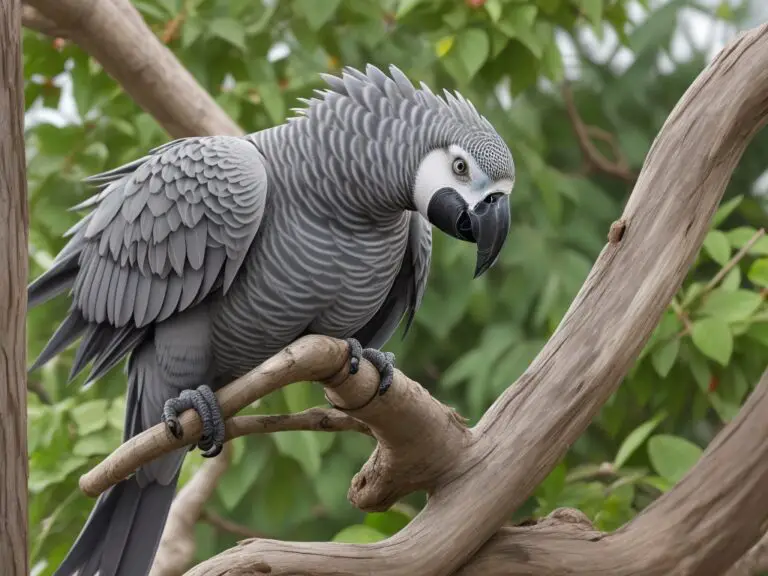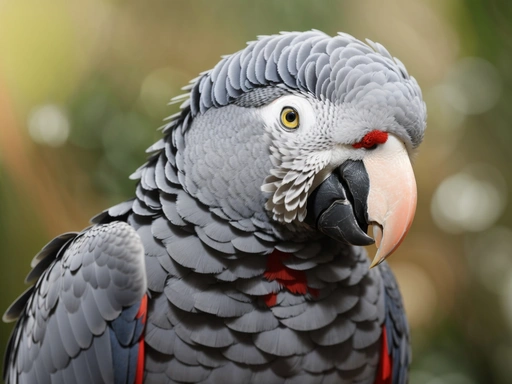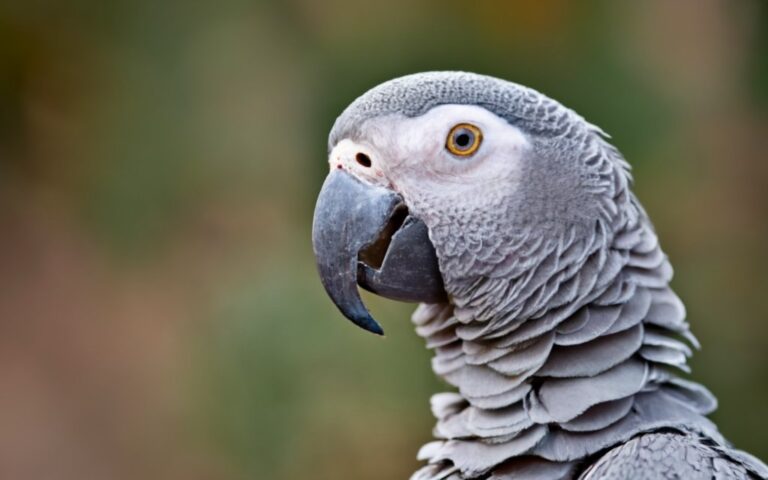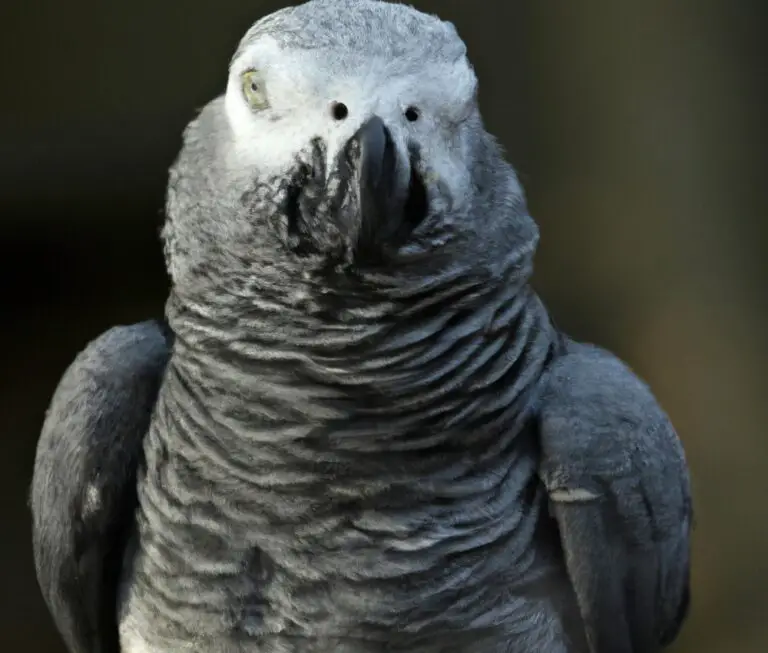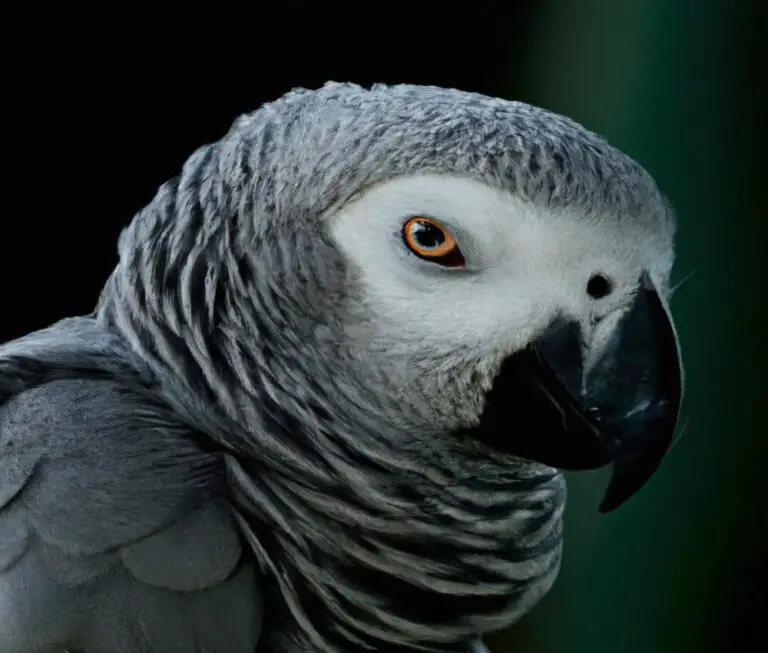Can African Grey Parrots Eat Tuna?
Key Takeaways:
- African grey parrots should not be fed tuna due to its potential mercury content.
- Tuna can lead to vitamin E deficiency in African grey parrots.
- African grey parrots require a balanced diet that includes fruits, vegetables, and pelleted parrot food.
- Consult with a veterinarian to ensure your African grey parrot’s dietary needs are being met.
Are you a proud owner of an African grey parrot? If so, you know how important it is to provide them with a balanced and healthy diet.
But what about tuna?
Can African grey parrots eat tuna? As an avian expert, I’m here to shed some light on this topic.
In this article, we’ll explore the nutritional needs of African grey parrots, the potential benefits and risks of feeding tuna to parrots, and alternatives to tuna that can satisfy their dietary requirements.
So, let’s dive in and find out if tuna is a safe choice for your feathered friend!
African Grey Parrots: An Overview
African Grey Parrots are highly intelligent and sociable birds found in the rainforests of West and Central Africa. They have a diverse diet that includes fruits, nuts, seeds, and even the occasional insect.
Characteristics and Diet of African Grey Parrots
African Grey Parrots are highly intelligent and have excellent talking abilities.
They require a diverse diet consisting of fresh fruits, vegetables, nuts, seeds, and pellets.
Calcium-rich foods like leafy greens and cuttlebones are essential.
Avoid feeding them avocado, chocolate, caffeine, alcohol, and foods high in salt or sugar.
It’s crucial to provide them with a balanced and varied diet to ensure their overall health and well-being.
Can African Grey Parrots Eat Tuna?
African Grey Parrots should not eat tuna as it can be harmful to their health.
Nutritional Needs of African Grey Parrots
African Grey Parrots have specific nutritional needs to thrive.
They require a balanced diet that includes high-quality pellets, fresh fruits and vegetables, and occasional nuts and seeds.
It’s important to provide a variety of foods to ensure they get all the necessary vitamins and minerals.
Consulting an avian veterinarian can help you design a suitable diet for your African Grey Parrot.
Understanding Tuna and Its Nutritional Value
Tuna is a nutritious food for parrots, providing protein and omega-3 fatty acids.
However, there are potential risks due to mercury levels that need to be considered.
Tuna as a Source of Protein and Omega-3 Fatty Acids
Tuna is an excellent source of protein and omega-3 fatty acids.
These nutrients are essential for the overall health and well-being of African Grey Parrots.
Protein supports muscle development and repair, while omega-3 fatty acids promote brain function and a healthy immune system.
Incorporating tuna into their diet can help meet their nutritional needs, but it’s important to consider the mercury levels in tuna and feed it in moderation.
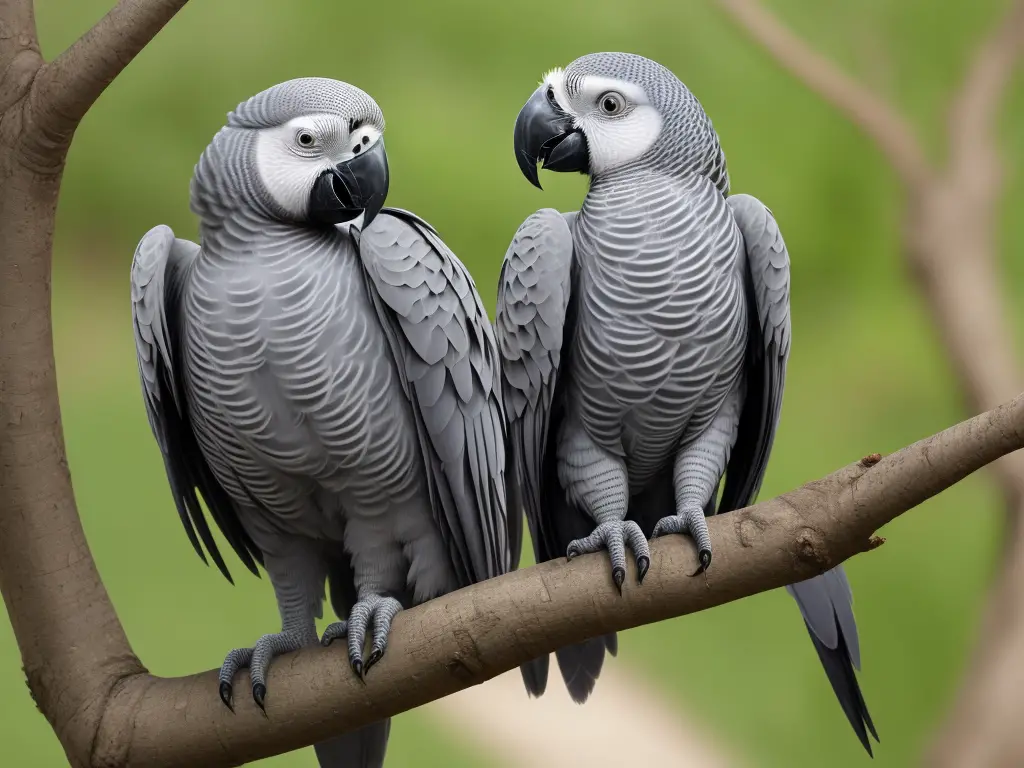
Mercury Levels in Tuna and Its Impact on Parrots
Mercury levels in tuna can pose a serious risk to parrots. Parrots are highly susceptible to mercury toxicity, which can lead to neurological damage and other health issues.
It’s best to avoid feeding tuna to African grey parrots or any other parrot species to ensure their well-being.
Health Risks Associated with Feeding Tuna to African Grey Parrots
Feeding tuna to African Grey parrots can pose health risks. Mercury toxicity is a key concern related to feeding tuna to African Grey parrots.
Symptoms and Treatment of Mercury Poisoning in Parrots
Symptoms of mercury poisoning in parrots may include tremors, weakness, loss of coordination, excessive drooling, and respiratory distress. Treatment involves removing the source of mercury, supportive care, and chelation therapy to aid in the elimination of mercury from the body.
Prompt veterinary assistance is crucial for a successful outcome.
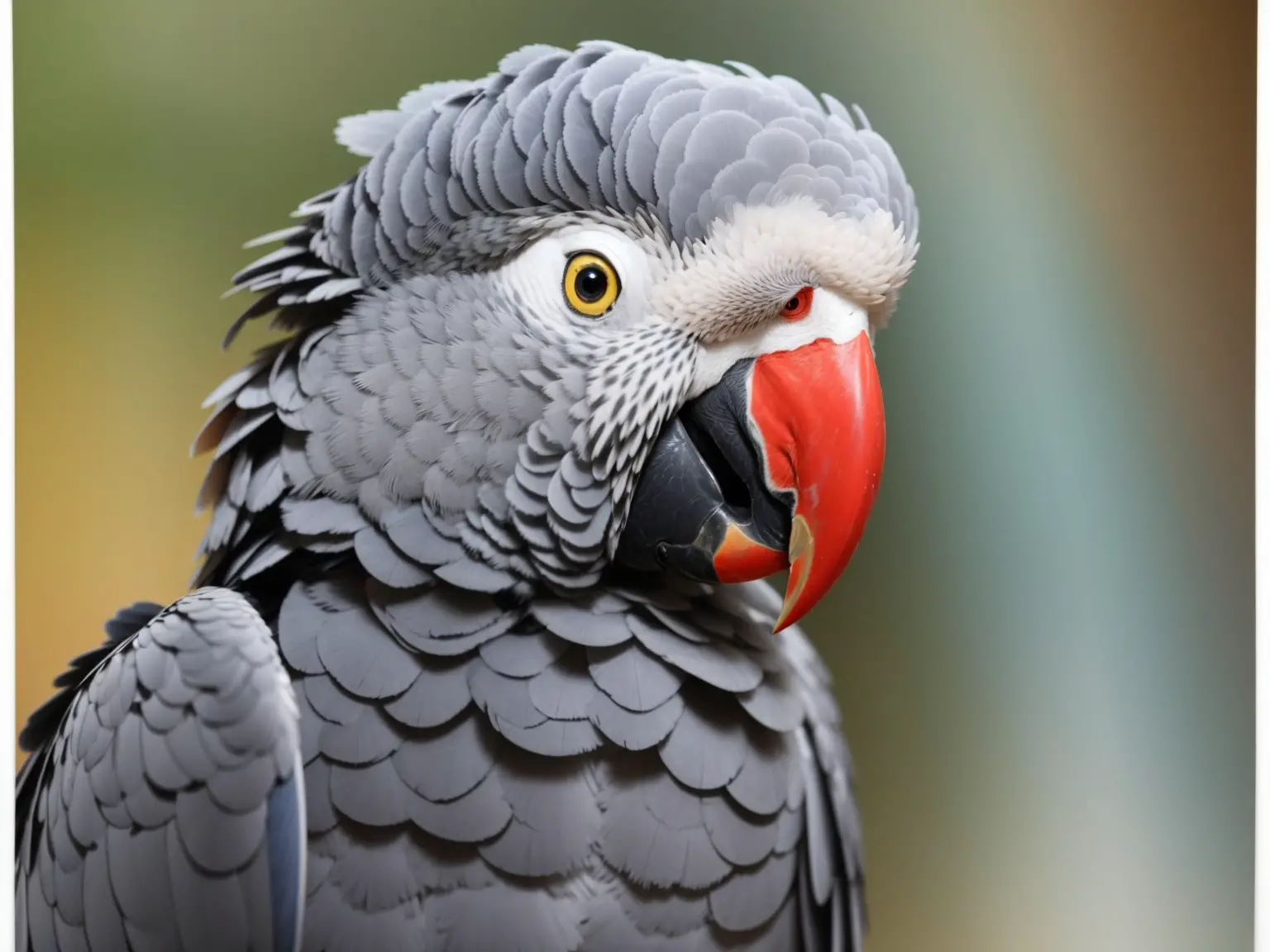
Alternatives to Tuna for African Grey Parrots
If you’re looking for alternatives to tuna for your African Grey Parrot, there are a few options to consider.
Consulting an Avian Veterinarian for Dietary Recommendations
Consult an avian veterinarian for dietary recommendations to ensure your African Grey Parrot gets the proper nutrition.
They have the expertise to assess your bird’s specific needs and provide guidance on the right types and amounts of food.
A veterinarian can also advise on potential dietary restrictions and help you create a well-balanced meal plan.
Make an appointment with an avian veterinarian to prioritize your parrot’s health.
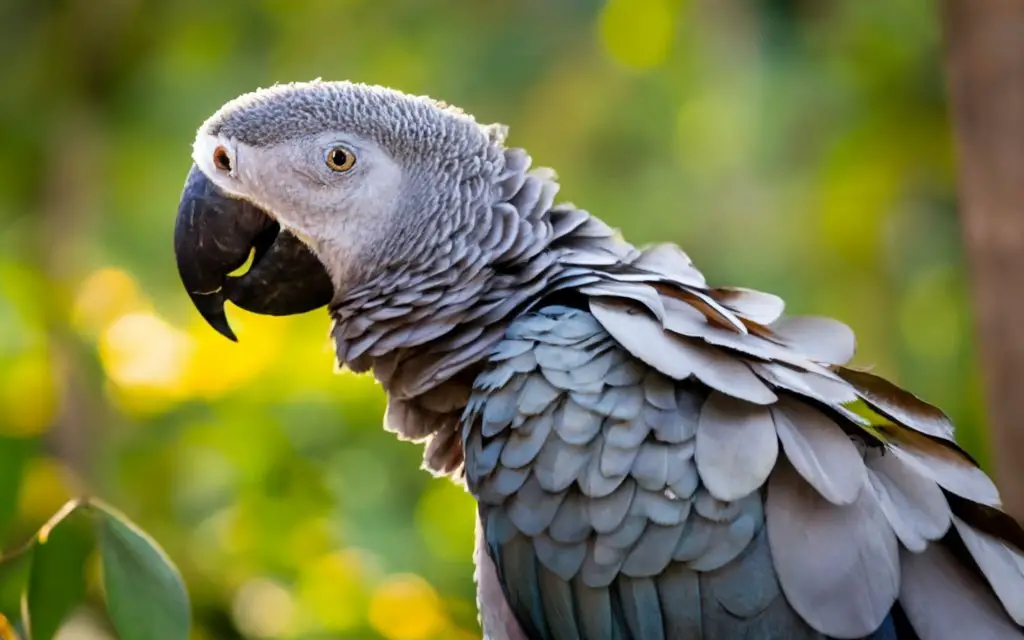
Frequently Asked Questions about African Grey Parrots and Tuna
How Much Tuna Should African Grey Parrots Consume, if Any?
African Grey Parrots do not require tuna in their diet and it is not recommended to feed them tuna.
Tuna can be high in mercury, which can be harmful to parrots.
It’s best to focus on providing a balanced diet of fresh fruits, vegetables, nuts, seeds, and specially formulated pellets for their nutritional needs.
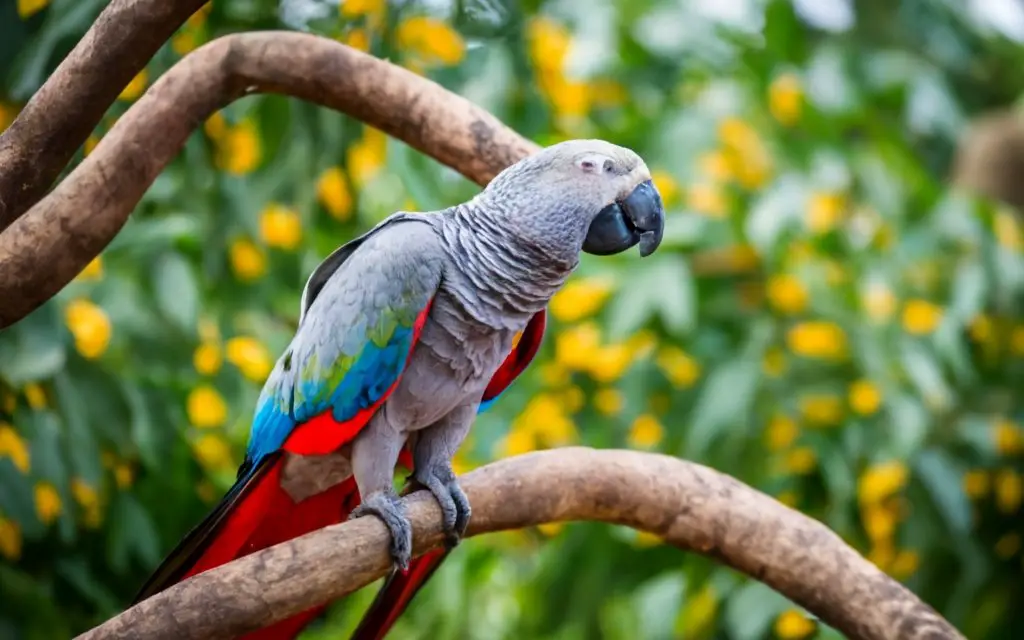
Are There Any Varieties of Tuna That are Safer for Parrots to Eat?
There are no varieties of tuna that are considered safer for parrots to eat. Due to high mercury levels, it is best to avoid feeding tuna to African Grey parrots.
Instead, focus on providing a well-rounded diet with other suitable sources of protein and nutrients for your parrot’s health and well-being.
Final Verdict
While tuna may be a popular food choice for humans, it is not recommended as a dietary staple for African Grey Parrots.
These birds have specific nutritional needs that must be met in order to thrive.
While tuna does offer some protein and omega-3 fatty acids, the potential risks of mercury toxicity outweigh the benefits.
Instead, opt for alternative sources of protein and consult with an avian veterinarian for specific dietary recommendations.
Remember, the health and well-being of your African Grey Parrot should always be the top priority.

